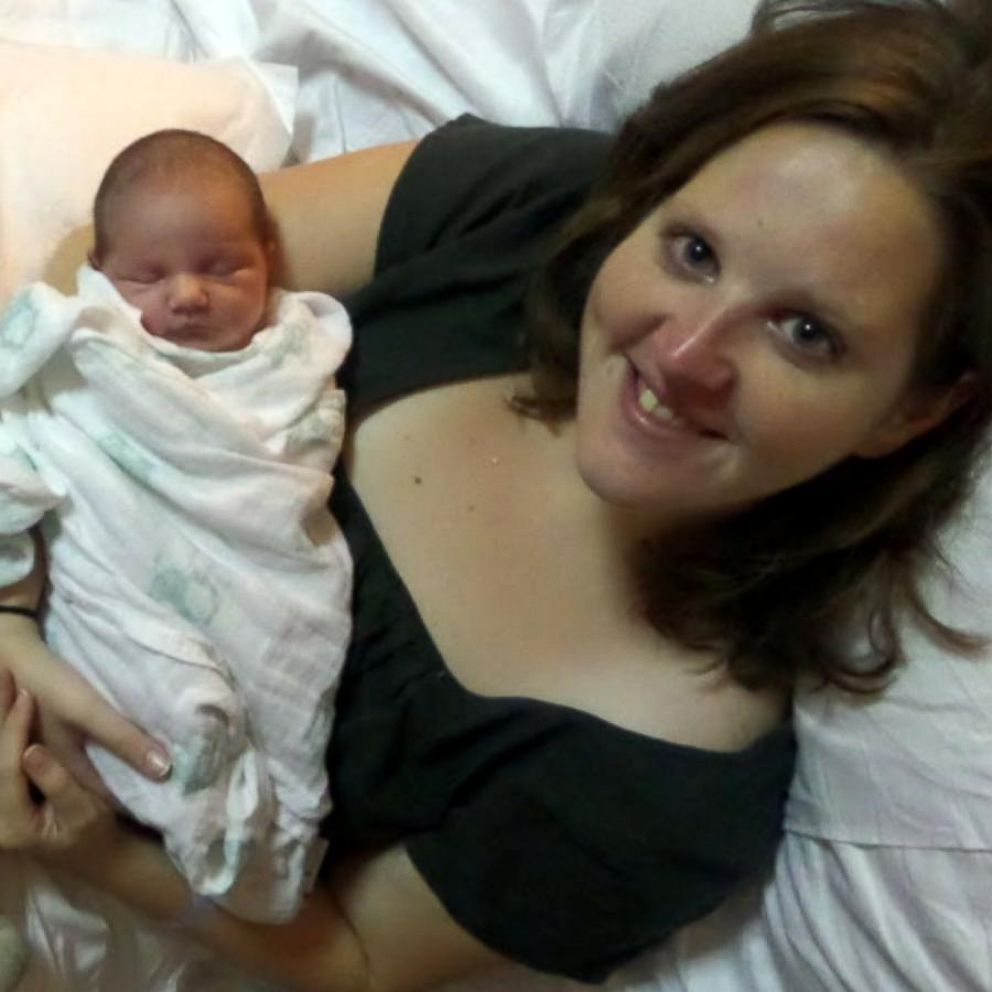Exercise prevents and treats postpartum depression, study finds
Moderate aerobic exercise can prevent and treat postpartum depression, new research shows.
A meta-analysis published this week that examined data from 26 studies, including over 2,800 people, found that aerobic exercise effectively prevents and treats postpartum depression.
Specifically, three to four exercise sessions per week of moderate intensity, between 35 and 45 minutes, was optimal both during and after pregnancy.
According to the research, exercise is effective whether done in a solo or group setting.
There are several ways to incorporate the exercise recommendations in various lifestyles, including a combination of walking or jogging and stretching, water aerobics classes, stroller walking and even dancing.
About 1 in 8 women with a recent live birth experience symptoms of postpartum depression, according to the Centers for Disease Control and Prevention.
Postpartum depression is often under-diagnosed and untreated. Nearly 60% of women with depressive symptoms do not receive a clinical diagnosis, and 50% of women with a diagnosis do not receive any treatment, according to CDC data.

This condition poses a significant public health impact, affecting not only the physical and mental health of mothers, but also that of their babies. Given this, understanding effective approaches to preventing and treating postpartum depression is essential.
Earlier this year, the U.S. Food and Drug Administration approved the first-ever oral pill to treat postpartum depression.
Symptoms of postpartum depression include withdrawing from loved ones, crying more than usual, feeling worried or overly anxious, feeling anger, doubting your ability to take care of your baby and thinking about harming yourself or your baby, according to the CDC. The symptoms may last for weeks or months after giving birth, and are more intense and longer lasting than the "baby blues" that women may experience after giving birth.
Dr. Jennifer Ashton, ABC News chief medical correspondent, noted that moderate exercise can provide a range of mental health, hormonal and sleep benefits. It can help stimulate the release of endorphins, uplift mood, and alleviate symptoms of anxiety and depression, along with regulating hormonal levels and improving sleep quality.
"We've known for a long time that exercise is good during pregnancy," Ashton, a board-certified OBGYN, said Thursday on "Good Morning America." "It's good for the body, and it's also good for the mind and mood."
Ashton noted that women should speak with their health care provider if they are experiencing symptoms of depression during or after pregnancy and are interested in incorporating exercise as a strategy.
Although a history of depression may increase the risk of postpartum depression, there is no single test that can diagnose postpartum depression, or predict whether or not a woman will suffer from it. It's often up to women or their partners and family members to seek professional medical help if they are struggling after giving birth.
For families coping with postpartum depression, Postpartum Support International offers a free and confidential helpline via call and text at 1-800-944-4PPD (4773). If you or someone you know is struggling with thoughts of suicide, call or text 988 or chat 988lifeline.org. Free, confidential help is available 24 hours a day, 7 days a week. You are not on your own.
Dr. Toral Vaidya, M.D., MPH is a dermatology resident physician in New York City and a member of the ABC News Medical Unit.







